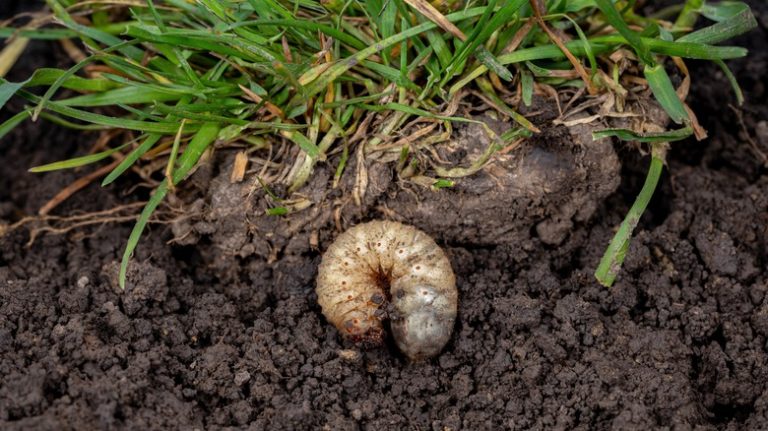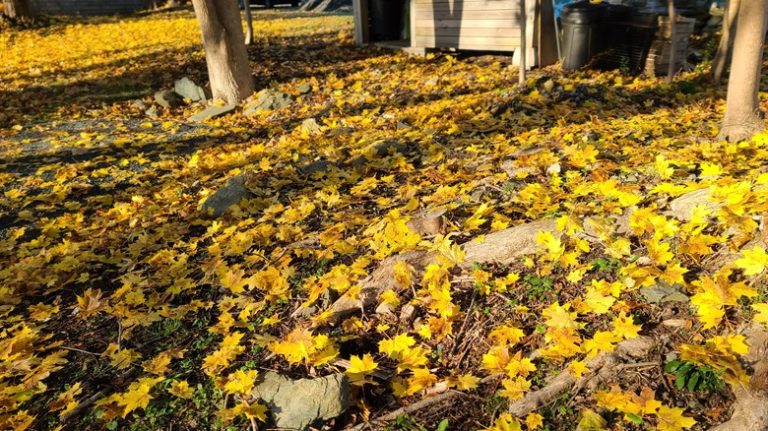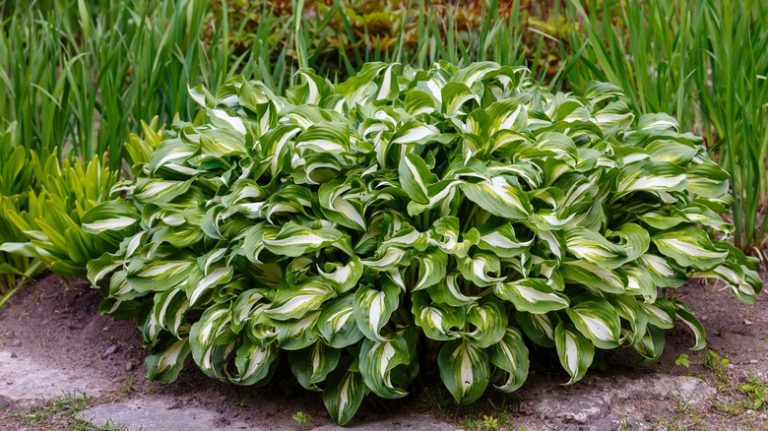Anyone with a lawn is always looking for hacks to make their lawn look better with less effort. Let’s face it, maintaining a green lawn can be a challenge even when the weather is perfect. Soil quality, weeds, insect and rodent pests: all of these factors and more can make lawn care difficult at times. Unfortunately, some hacks are not only not worth the time and effort, but might actually create whole new problems for your lawn. Specifically, any advice saying that soda or beer should be used as a “lawn tonic” should not be taken seriously.
There have been some people advocating online for this lawn hack, which uses bottled or canned beer or soda as a “tonic” to fertilize lawns. A tonic can refer to a medicinal drink meant to improve health, often associated with tonic water, which was once loaded with malaria-preventing quinine. So calling beer or soda a “lawn tonic” suggests it might help improve the health of your grass.
Although it’s tempting to think something so accessible, relatively inexpensive, and easy to dispense could help your lawn be healthier, the exact opposite may be the case. Using these products on your lawn not only won’t make it green and lush, it may even cause damage, and for several reasons.
Why beer or soda won’t really help your lawn
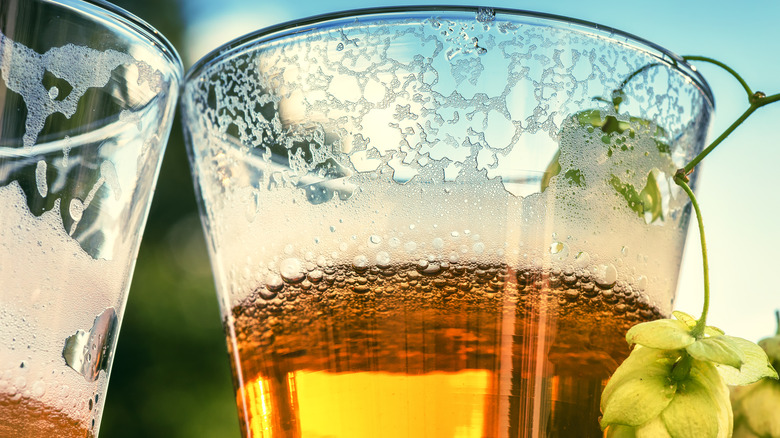
Most commercial soda is full of simple sugars, which don’t provide effective nutrition for plants (or animals or people, per Healthline). It is true that some pollinating insects enjoy sweet treats, as they are similar to the nectar they enjoy eating from flowers. But that doesn’t mean these simple sugars are effective plant food.
Similarly, beer does not provide adequate nutrition. It contains none of the substances known to help plant growth, such as nitrogen, potassium, or phosphorous (ingredients commonly found in most commercial fertilizers). Using unrefined molasses in this way can also cause problems, even though molasses does contain slightly more nutritious compounds.
Even considering these potential issues, the amounts of ingredients called for in these recipes will very likely have little to no impact on your lawn. The best case scenario that might occur out of pouring beer or soda on your lawn is that it could attract insect pests and maybe other creatures.
Why lawn tonic hacks are not useful and may be harmful
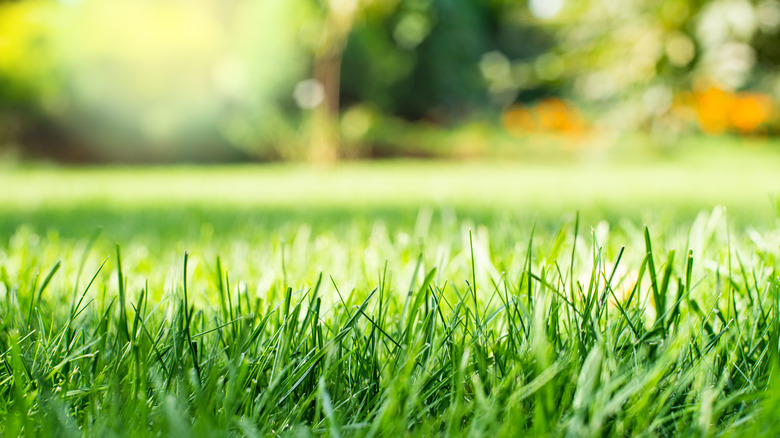
In most cases, these “lawn tonic” recipes also contain other ingredients that are not only ineffective for encouraging growth, but might also be harmful. Lawn tonic recipes also suggest ingredients such as ammonia, but the ammonia sold for cleaning is not the same ammonia one might use to increase nitrogen content in your lawn. Simply put, using potent cleaning solutions such as ammonia for purposes they’re not intended for is never a good idea.
Other ingredients suggested for lawn tonics include commercial mouthwash and dishwashing liquid. Mouthwash usually contains alcohol or hydrogen peroxide, sweeteners or flavoring, and sometimes essential oils. None of these ingredients will feed the lawn, although some might repel a bug or two. Indeed, dishwashing soap is used by many gardeners as an ingredient in homemade sprays to prevent aphids and other pests. But aphids are not a problem on grass: worse culprits for lawn damage are gophers, woodchucks, and voles.
The idea of using homemade remedies to fertilize your lawn does have some merit. Compost tea is a widely-accepted practice for improving lawn and garden health. But it’s a good idea to do a little research before you try the latest social media DIY trend, especially if it sounds a little too easy to be true.

